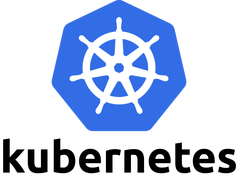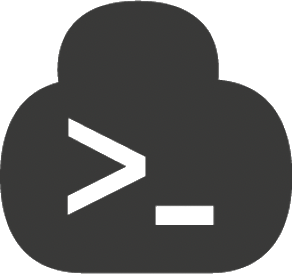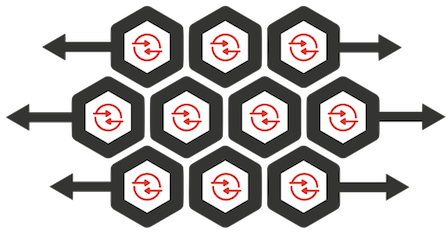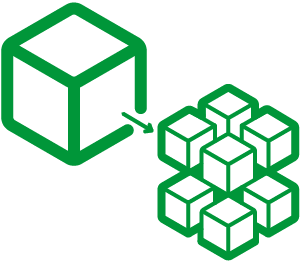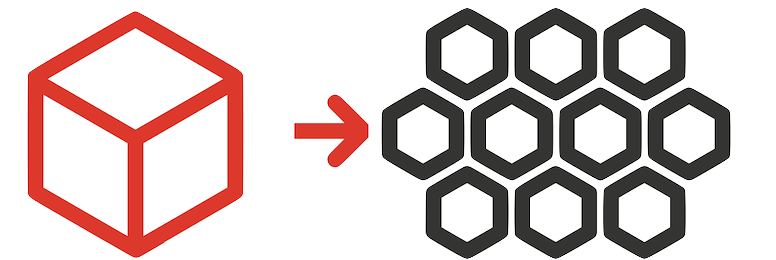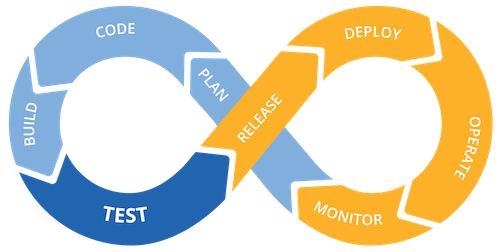Cloud Native OCI
Introduction
 +
+

Created with ❤ by Oracle A-Team
Workshop Goals
- Explore Cloud Native services offered by OCI
- Build and deploy polyglot microservices with OKE
- Experience OCI services from within a single project
- Provide reference implementations and sample code for real-world development
What is MuShop?
- Cloud Native
- Features
- Basic Version
- TL;DR
-
MuShop represents a showcase of many OCI Cloud Native services
as a unified reference application
-
An e-commerce reference app realized as a set of microservices developed on OCI
![]()
-
Real use case scenarios for OKE, ATP, Streaming, Networking, and more
![]()
![]()
-
Collection of self-paced, workshop-style exercises showcasing OCI features
helm install nginx-ingress \ stable/nginx-ingress \ --namespace nginx-ingressoci lb load-balancer list | jq '.data[]'kubectl create -f mushop.yaml
-
An e-commerce reference app realized as a set of microservices developed on OCI
-
✅
![]() ATPDatabase✅
ATPDatabase✅![]() OKEDeveloper✅
OKEDeveloper✅![]() OCIRDeveloper✅
OCIRDeveloper✅![]() OCI Service BrokerDeveloper✅DNS ZoneNetworking✅Object StorageCore✅StreamingAnalytics✅
OCI Service BrokerDeveloper✅DNS ZoneNetworking✅Object StorageCore✅StreamingAnalytics✅![]() Cloud ShellDeveloper✅Load BalancerNetworking✅HealthCheckMonitoring✅MetricsMonitoring✅🆓Always FreeDeveloper✅WAFSecurity✅TerraformIaC✅Resource ManagerIaC✅
Cloud ShellDeveloper✅Load BalancerNetworking✅HealthCheckMonitoring✅MetricsMonitoring✅🆓Always FreeDeveloper✅WAFSecurity✅TerraformIaC✅Resource ManagerIaC✅![]() FunctionsDeveloper✅API GatewayPlatform✅Email DeliveryPlatform✅GraalVMDeveloper
FunctionsDeveloper✅API GatewayPlatform✅Email DeliveryPlatform✅GraalVMDeveloperPlanned
EventsIntegrationAlarmsMonitoringIDCSSecurityKey ManagementSecurityData FlowBig DataData CatalogBig DataData ScienceBig Data -
Explore OCI with Resource Manager using the Always Free tier and a
simplified deployment of the MuShop application
-
A 3-tier reference app built to showcase the Oracle Cloud Infrastructure's Always Free tier
![]()
-
Real world 3-tier architecture using Micro instances, ATP, Load Balancing and more
![]()
![]()
-
Open Source and deployed as an Oracle Resource Manager Stack or Terraform configuration
-
A 3-tier reference app built to showcase the Oracle Cloud Infrastructure's Always Free tier
Why Mu Shop?
MuShop is a polyglot microservices application purpose-built as a Cloud Native approach to OCI
What is Cloud Native?
Cloud native technologies are characterized by the use of containers, microservices, serverless functions, development pipelines, and infrastructure expressed as code. Cloud native enables faster software development and the ability to build applications that are resilient, manageable, observable, and dynamically scalable to global enterprise levels.

Oracle Cloud Native

























Cloud Native Landscape
Microservices
- Benefits
- Characteristics
- Runtime
- Patterns
- Operating
-
![]()
- Modular service characteristics offer flexibility, scalability, and reduced development effort
- Enable distributed system design that can be realized as resilient, manageable and observable systems
-
![]()
- Application components can be built in different programming languages
- Each service owns its domain logic and communicates with others through simple protocols
-
![]()
- Services that can scale from inactivity to high volume and back again
- Each service can be independently deployed, updated, replaced, and scaled
-
![]()
- Event-driven architectures - Useful for scaling and designing with eventual consistency models
- Database Design - Logical Databases/ Shared databases/ CQRS / Saga Pattern.
-
![]()
- Cloud-based services allow businesses to pay only for the compute capacity they use
- Easier to implement automation at multiple levels in the application cycle and continuously deliver software to production
The modern stack


- Ephemeral resources managed via automation and cloud APIs
- Decomposition of applications into microservices, running on container infrastructure
- Developers and operations collaborating using DevOps methodologies
Pets Vs. Cattle
Pets: Servers or server pairs that are treated as indispensable or unique systems that can never be down. Typically they are manually built, managed, and “hand fed”.
Cattle: Arrays of more than two servers, that are built using automated tools, and are designed for failure, where no one, two, or even three servers are irreplaceable. Typically, during failure events no human intervention is required as the array exhibits attributes of “routing around failures” by restarting failed servers or replicating data.
See Pets vs. Cattle
Persistent Infrastructure has a high overhead compared to Ephemeral Infrastructure
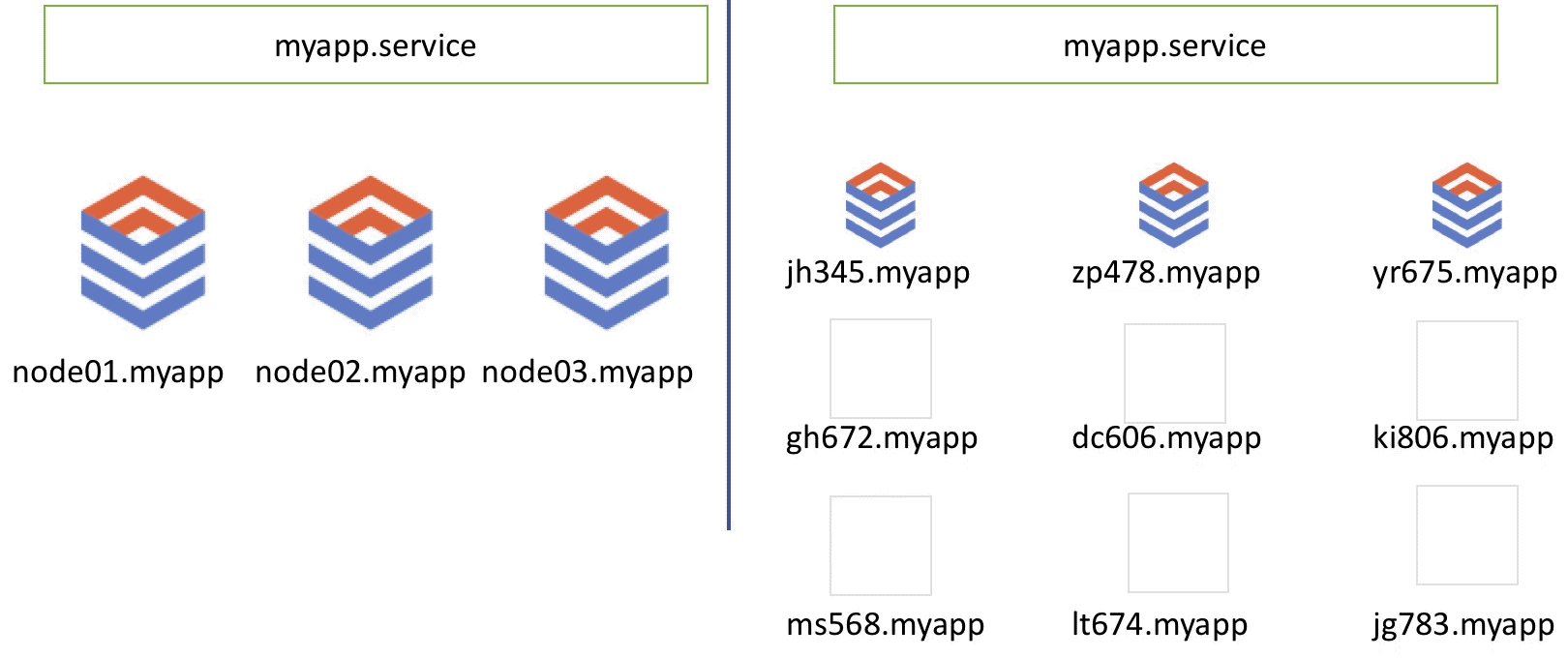
MuShop Diagram
Demo









